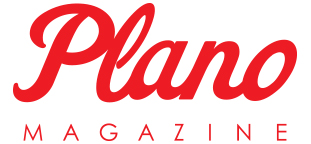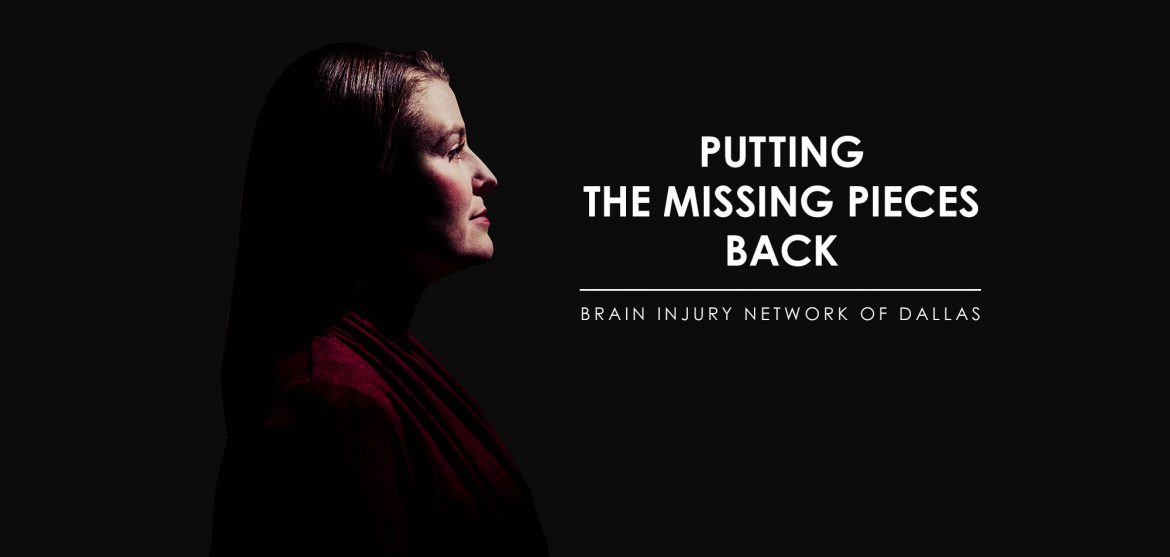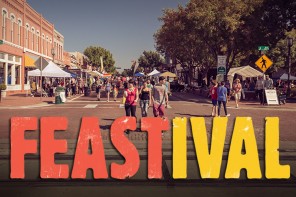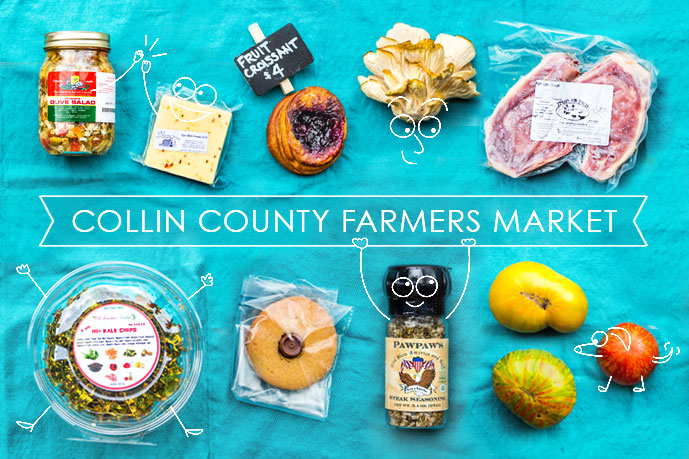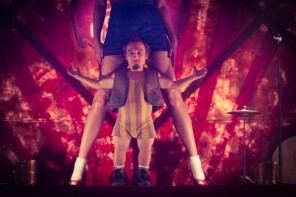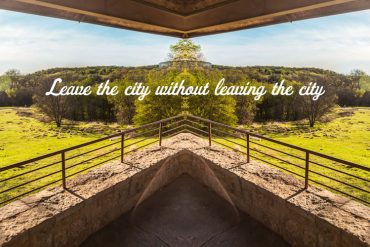Putting the Missing Pieces Back
Monthly support groups have always been a mainstay for overcoming odds and finding solidarity with a community of people who can relate to your life challenges. But for Valerie Gotcher, that simply was not enough when it came to the brain injury survivors’ support group she facilitated for many years while working as a speech therapist. Something felt missing.
“The support group always had great reviews and strong attendance. Our former patients were telling me that this two-hour meeting each month was the highlight of all their activities. Initially I accepted this as praise but when I learned to truly listen, I realized they had nothing besides this support group on their calendar,” she said. “What else filled their time for 29 days a month? That was a pretty bleak and depressing realization.”
As a result, Valerie founded the Brain Injury Network of Dallas (BIND), located in Plano, in September 2011. The mission of the 501(c)(3) non-profit is to provide tools and a bridge of support to adult brain injury survivors so they can reconnect into life, the community and the workplace.
BIND runs as a clubhouse program based on operating standards established by The International Brain Injury Clubhouse Alliance. The clubhouse model means that BIND’s members come together in a group setting to take ownership of the program. It’s quite different from someone sitting one-on-one with a therapist all day.
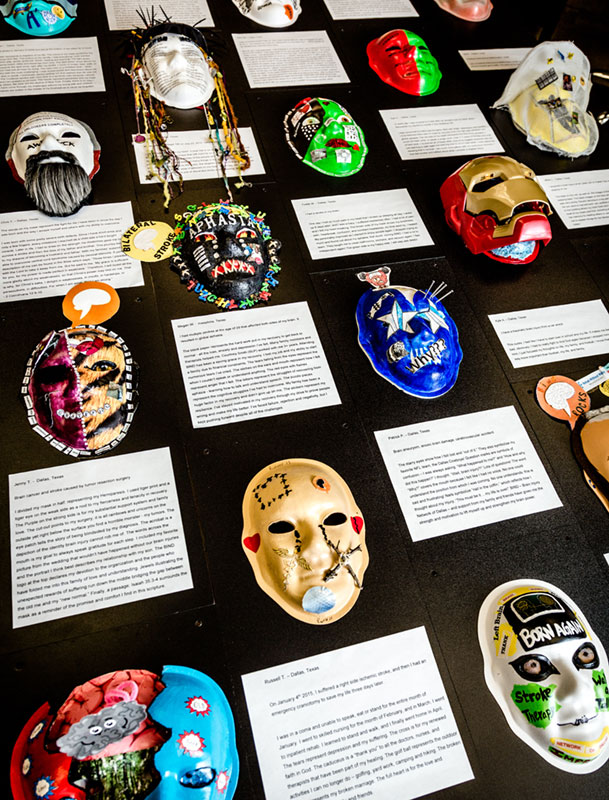
“Once I learned about the clubhouse model, I made a firm decision to start the program here because nobody else had taken the leap,” Valerie said. “I was often frustrated with circumstances that prevented people from reaching their best potential.”
Valerie said she saw a significant need in the community and in the state of Texas to serve the brain-injured population after medical rehabilitation ends. Because no two brain injuries are alike, once that rehab ends, how life looks for every survivor varies. She said a misconception about brain injury is that a person can look, walk and talk completely “normal” or even drive. But maybe, for example, they can’t work because they can’t tolerate bright lights or noises for more than an hour at a time. She said from the survivor’s perspective, they feel a really strong connection to trying to help other people understand.
One way BIND members have expressed themselves for that greater understanding of their journey is through masks they created last year for the Unmasking Brain Injury Project. These masks will be on public display throughout the month of March at Schimelpfenig Library in Plano.
“It was very revealing and vulnerable for them to go through that process — to put what they feel on the inside and bring to light the artistic expression of that,” Valerie said. “The masks were not just about healing but about the grief, pain, fear and frustration. Because what they poured into those masks is not what people see on the outside.”
What’s more, there is still so much potential for growth for BIND members. If you spend any time at their headquarters, it doesn’t take long to see how all of this comes together into an atmosphere that promotes members having ownership of how the organization thrives. They have a real say in how things operate, who works on staff and what kind of culture they want to create. One of the main things Valerie is proud of is that the culture has been consistent from the beginning. There is a sense of belonging and, for those who volunteer or visit BIND, a feeling of being welcomed into this dynamic community.
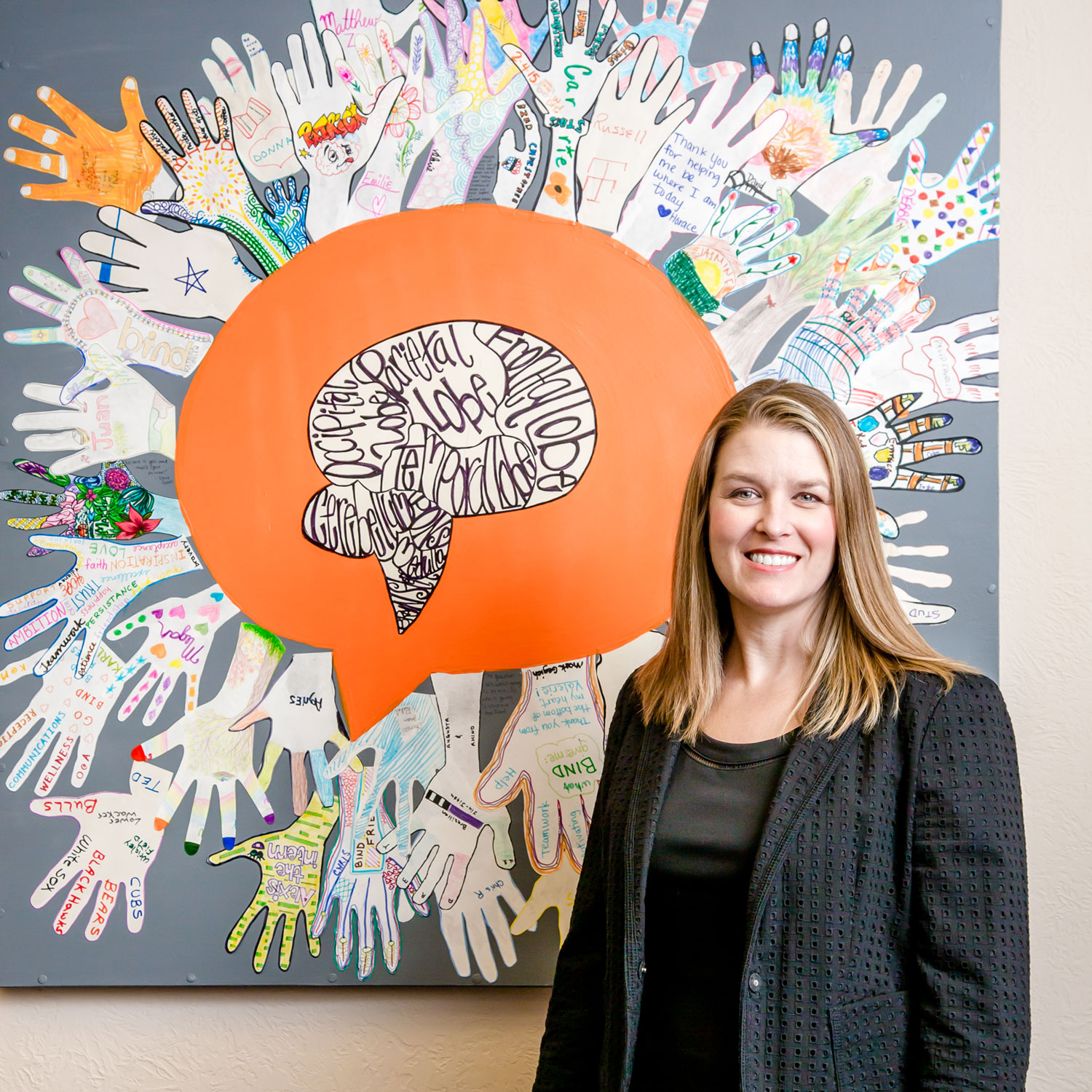
“What I think is really strong about our mission is that our culture – even though we’ve had so much growth in a short amount of time – our culture has maintained,” Valerie said. “And a lot of that I have to attribute to the members who helped start the program because they really set the course and the tone for what this could be and should be and how to influence new members as they came into the program to follow the same culture.”
Members like Barbara Forese who recently left BIND because she wanted her spot to be available for someone else who needed it more. She grew more engaged with a local senior center, got a dog and started volunteering at an animal shelter. She said she wouldn’t have gotten out of her comfort zone without BIND. Other members have also expressed that the organization is the reason they have moved forward in their lives and communities.
Member Kevin Davidson said, “I truly believe that if it wasn’t for BIND my condition would have steadily worsened. Instead, I found BIND to be another safe place and an organization where the people will accept me for who I am – emotionally broken, anxious, confused and worst of all, scared.”
Kevin is now poised to educate and create awareness about the correlation between playing youth tackle football and the greater potential for subsequent brain injuries.
Myung Yoo, another BIND member, wrote to Valerie that, “BIND was the only place to go while I had been struggling to survive. I was able to get a second chance and build up my new life.”
Valerie beams when she reads notes like these. Even though she always gives the members credit for how BIND has thrived, those long hours and time spent away from her family helps keep BIND running. But with every gala, community event or grant application, her dedication has been rewarded.
“There’s nothing better than to feed your soul with seeing their progress and self-worth unfold.”
BIND >
Brain Injury Network of Dallas
1416 Gables Ct
Plano, TX 75075
